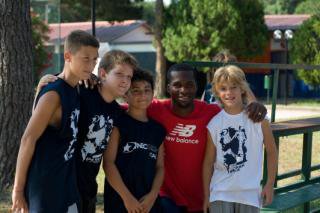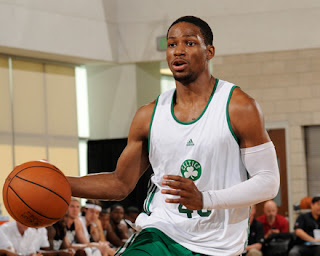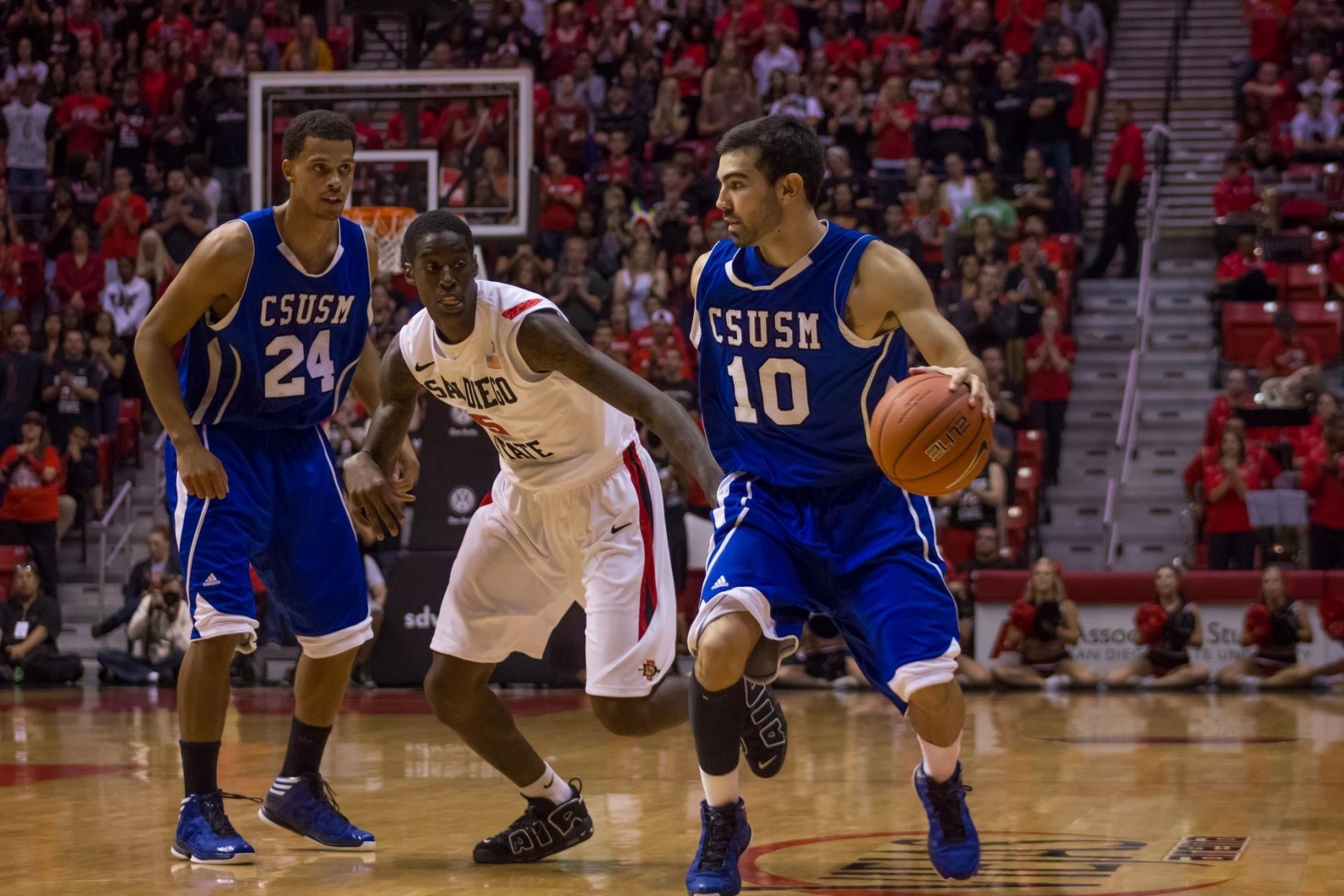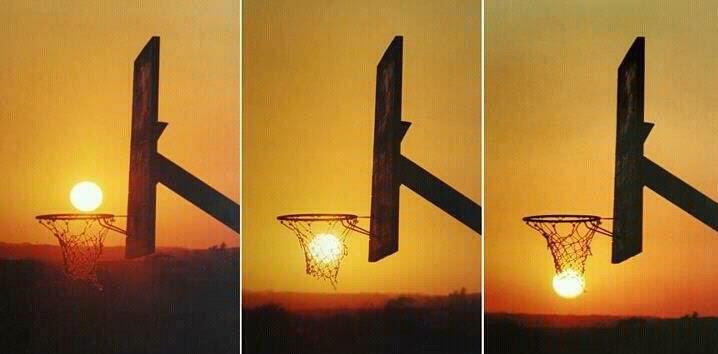For me, being the antidote starts with a willingness to say hello. I look at some people, listen to some people, am offended by some people so much so that I give up on them and on moral excellence. But there’s never been anything wrong with virtue as it doesn’t have an expiration date. The more we encounter destructive thinking and behavior, the deeper we should delve into our true ability to be “given against” such things. Why in the world would we become the thing we revile? Why? Because there’s a little toxin in us all and unlike the body, we get to choose whether or not we develop the antibodies or not. If we desire, we can be overrun with the influence of disintegration. Division has an addictive quality to it. But we have within us the divine capacity to reintegrate.
Every stranger can’t be my enemy and not all my teammates want to take what I have. We’ve become so suspicious and prejudiced that the notion of loving one’s neighbor as him/herself is nearly impossible. But still, we are the antidote and the chemical composition of “us” is basic stuff like: hello, holding the door for the person behind us, learning someone else’ story, doing things without expecting a thank you and cleaning up messes we’ve made. No one questions whether or not it is better to help society live than die. We question whether or not we play a role in making it live. Yet we know full well…what we are. Listen intently to your complaints today. Write them, meditate on them, simmer even! Note how they make you feel and then be “given against” them. Ask yourself if your complaints have led you to do what’s right simply because it’s right. If they’ve led you elsewhere, just know that your real identity is as ANTIDOTE not venom.









